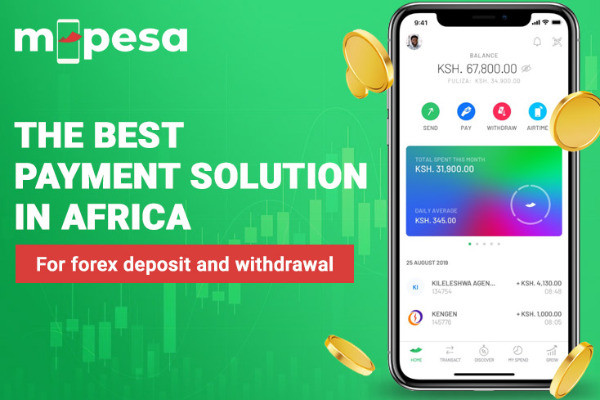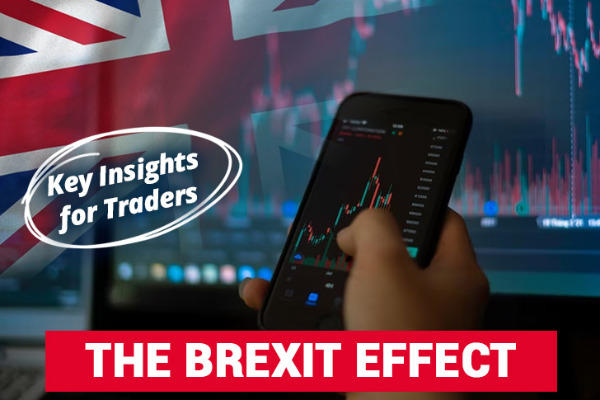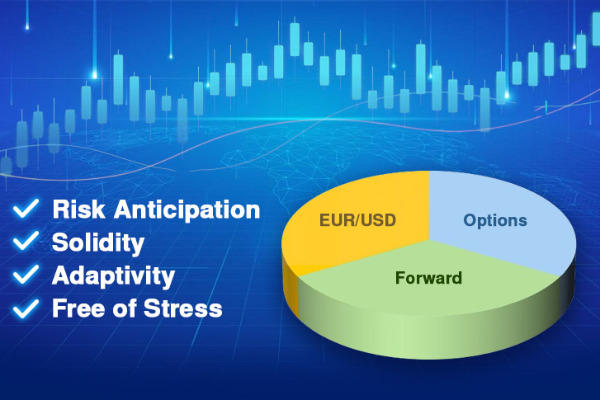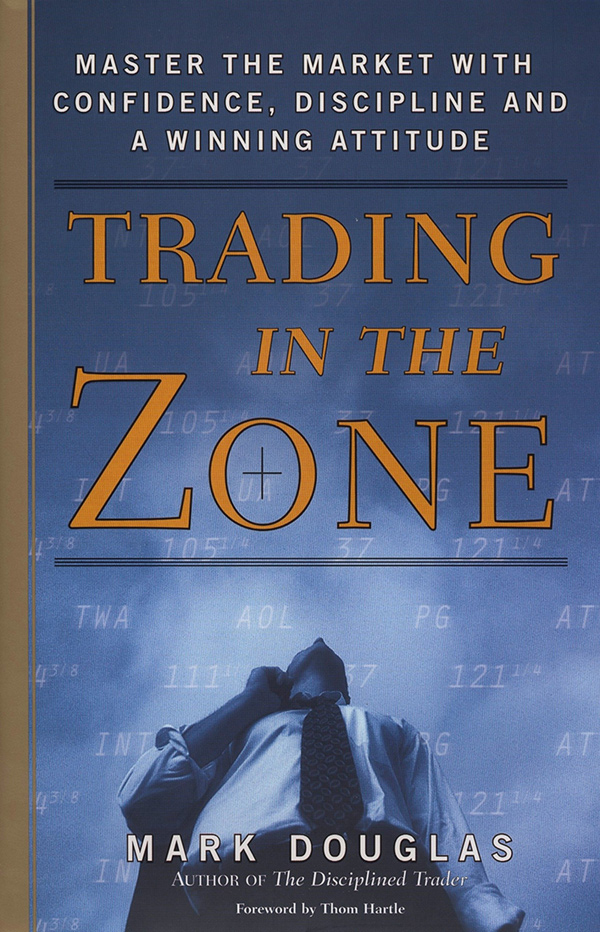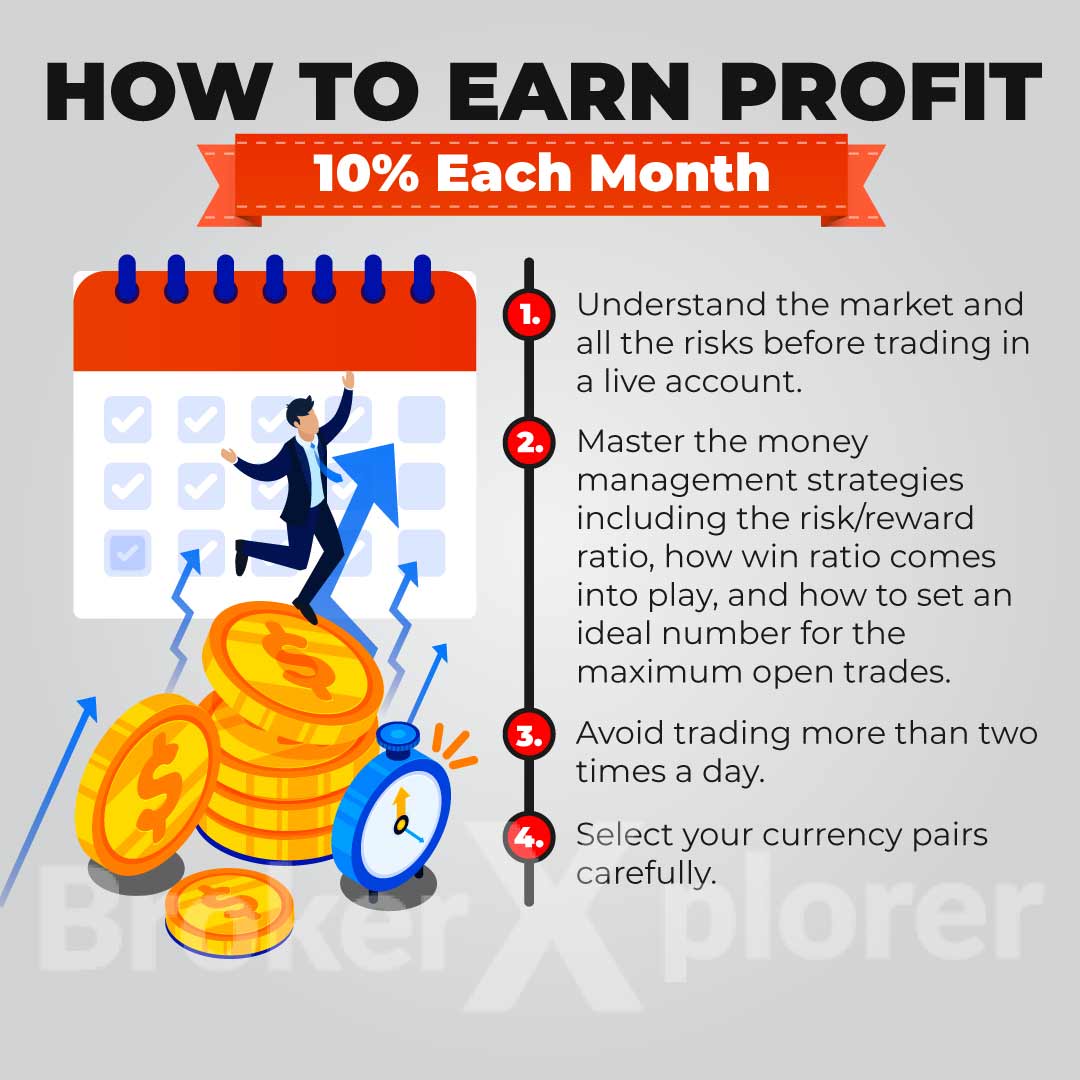Evolving leader or old legacy? After operating for more than 12 years in the trading industry and facing tough competition, here's where MetaTrader stands now.
It's all about speed. The ever-evolving FX industry demands strong responses to highly dynamic market and fast-changing public behavior towards new technologies. As a leading platform, MetaTrader has opened paths for many possibilities unknown before, and it has been the leader in the data service market for 14 years. Nonetheless, is it still relevant now, when financial and tech information flow so fast and people keep demanding something new?
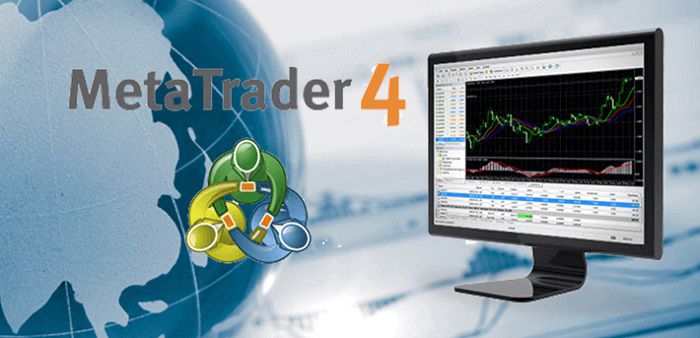
MetaTrader has been the leading platform for FX traders searching for clues and cues to respond to and beat the market. In important regions like mainland Europe and in the Asia Pacific region, it has been on every trader's laptops, pads, and smartphones. It earned its developer, MetaQuotes, huge acknowledgment as the pioneer of comprehensive trading data and real-time monitoring tools. Its automated assistant through so-called Expert Advisors (EAs) has brought people into the same room with artificial intelligence. They embrace changes, they adapt to ups and downs. And they persist. They have expanded the limits, and they have raised the ceiling many times.
But is there a challenge too big for them?
Contempt or Accepting Change?
MetaTrader, in many respects, sees what nobody else doesn't. They have been called the legacy platform for future traders and especially learners who find the FX industry is among the biggest discoveries of this century. It embodies contempt and accepts new ideas and changes. Its existence has made people dependent on its clarity and cutting-edge technology. When today's financial ecosystem keeps demanding new ideas and innovations, MetaTrader stays in its nature: the mainstay within the retail sector and capital markets.
And it's still hugely popular.
In most of Southeast Asia and parts of mainland China, MetaTrader 4 has been the no.1 go-to platform for FX market monitoring and actions. Now when the use of automated trading tools or robots is widespread, MetaTrader keeps building a loyalty base by meeting daily requirements for today's modern and forward-thinking brokers, traders, regulators, or even financial industry novices. Its client base has been expanding bigger and bigger over the years.
Outside Asia, MetaTrader 4 has been positively accepted by finance executives and professional traders in Western markets such as London and New York. Certainly, it maintains access to clients in other continents who have even bigger demands from such a giant trading platform.
Its superiority comes with great client loyalty, but also new challenges. It has become necessary because of its ability to empower brokers in acquisition proceedings, guide small-time traders to find their paths, and keep companies in line with their annual cashflow targets. It has become a necessity by enabling large brokers like CMC Markets, IG Group, and GAIN Capital to get closer to their client bases while on the other hand helping small brokers to navigate the topography of the trading world.
This great combination of ease of market entry for small brokers and familiarity for retail traders has made MetaTrader 4 a household name and a key platform to many successful trading stories. It has become not just a platform, but it has become THE platform that everybody needs.
The Challenges
Market saturation, regulatory hurdles, and advertising-related purges are among the biggest challenges every trading platform is now facing. Other than that, reporting requirements, leverage, and restrictions have become major expenses many brokers have to deal with. By using MetaTrader 4, brokers can enjoy a full-service experience to play smarter in the industry.
See Also:
FinanceFeeds have recently deciphered exactly how many active MetaTrader 4 platform beacons are in the global market by utilizing what they call a "custom crawler/spider". Using certain relevant keywords to gauge market discoveries and engagements, they managed to retrieve relevant data revealing what websites are using the platform and where they are operating, what benefits they are gaining, and for what companies they are working.
The total number of MetaTrader 4 bonafide users? 1,231 active brokerages.
Although this number comprises only retail FX brokerages using MetaTrader 4 platform, some of these include full-service brokerages whose capital is dependable and whose methods are credible. It has been a vital component to over 80% of all brokerages worldwide. This finding demonstrates the fact that FX industry professionals still use MetaTrader 4 more and more on daily basis and have regarded it as the de facto trading tool for brokerages and of course, traders.
MetaQuotes, however, have enjoyed the upsides and downsides of every big platform. It has empowered 1,231 retail entities which have not invested in their in-house trading systems.
The Arrival of New Players
Holding the controller stick for more than a decade has made MetaTrader 4 the main target for aggressive competitors. New technologies have emerged, and new platforms came onto the pitch. Some connect API directly to brokerage systems and liquidity feeds, while some others managed to overcome inefficiencies as well as offer fresh features and an intuitive interface. But with those threats, MetaTrader has been standing firm and keeping its dominance.
In Singapore, now the number 1 financial center after beating Hong Kong, the retail electronic trading sector is rapidly evolving, demanding new technology to satisfy users' expanding range of needs, from individual traders to institutional clients. Platform diversity is quite good there, and developers are keeping their pace at the same tempo with the growing user demographics and preferences. And now when EAs' compatibility is seriously tested to meet various trading styles and trading requirements, the FX industry has seen itself growing with the platform it relies on. People love its usability, and they can learn the knowledge better with its user experience excellence.
On the other side of the globe, however, some players are less reliant on MetaTrader 4. IG Group, which has 80% of its client base in Great Britain, depends on other methods of retail client onboarding. Brokerages that are established in financial centers there are still trying to board larger client bases using various methods, either directly or via partner networks in other regions whose base of traders are more opportunistic and are open to more options.
Still, they recognize the captain on the field. IC Markets, one other player, has over 20 MetaQuotes server licenses and generates over $500 million monthly revenue, and is totally reliant on third-party technology from MetaQuotes.
IC Markets is an online forex broker operating under the company of International Capital Markets Pty Ltd. Traders under the Australian jurisdiction are provided with the trading service of IC Markets AU that is headquartered in Australia and licensed by the Australian Securities and Investments Commission (ASIC).
On the other hand, non-Australian traders who open an account in this broker are registered under IC Markets SEY that is based in Seychelles, and regulated under the Seychelles Financial Services Authority (SFSA). The dual operation is a result of the relatively new rules from ASIC that prohibit their regulated broker to offer trading services outside Australia.
Classified as an ECN broker, IC Markets provide clients with MetaTrader 4, MetaTrader 5, cTrader as platform trading options. This broker also follows market trends to include Cryptocurrencies as one of its products, enriching its already wide selection of trading assets that include Currencies, Indices, Metals, Energies, Softs, Stocks, as well as Bonds.
The minimum deposit in IC Markets is in the middle range compared to other ASIC-regulated brokers, as it reaches $200 for every client. Market analysis materials are also prepared regularly for trading insights on IC Markets's official website, proving their competence to serve their traders with important contents created by market experts that work specifically for them.
For payment methods, IC Markets allows funding and withdrawal via wire transfer, credit card, PayPal, Skrill, Neteller, FasaPay, UnionPay, as well as Bitcoin via BitPay. The more interesting aspect from this broker is its multi-base currencies that include USD, AUD, EUR, GBP, SGD, NZD, JPY, CHF, HKD, and CAD.
As the trading technology in IC Markets is highly equipped with co-located servers and extremely low latency (especially on cTrader), the broker is widely known for its capability in hosting traders with the special needs for high-frequency trading as well as scalping.
To sum up, IC Markets is a fitting destination for active traders looking for a well-regulated broker. IC Markets is also flexible in terms of base currency and payment methods, signaling their commitment to welcome traders beyond their home country. As of late 2019, IC Markets provided their website in 18 international languages including English, Korean, Indonesian, French, Spanish, Italian, Malay, German, and Chinese.
Under Scrutiny, But Stands Above All
Many FX industry commentators and technologists have put MetaTrader 4 under scrutiny for being an old legacy platform that is inflexible for brokerages to own their intellectual property. Of course, this is due to the entire client base hosted on MetaQuotes infrastructure.
In addition, its affiliate marketing origins and its inflexibility in enabling a differentiated client experience for traders have shown some intervention issues when the platform claims all benefits of integration technology. However, all these obstacles have given MetaTrader a new perspective to adjust their goals in the brokerage business, and specifically, in customer satisfaction aspects.
It shows its strength boldly, as well as its will to democratically adjust to all changes that are required to be the most important player in the industry. It is always reliable, and it has still many in the innovation pipe to meet the requirements in a fast-changing industry.
Very few technical issues occur on the broker side or server side. Its easy-to-use interface gives total reliability and aspires enhancements based on user-generated notes and inputs. Its simplicity also gives good choice for brokers to focus on generating possible options to use, settings, and data management. All this is to make sure that traders' needs are a non-issue in regards to platforms' ability to solve them.
MetaTrader 4 uses its experiences to build a direct connection with users and liquidity providers equally and help many trading houses build a stronger portfolio and reach more customers abroad. Its functionality is clear, hedging is easily facilitated, and its supporting community grows bigger and bigger every year. This good two-way relationship is the main reason why MetaTrader has become the gold standard for the trading platform industry, a benchmark platform for users, observers, and even researchers.
The Future
A series of proprietary trading platform developers from Australia and Europe once gathered in Hong Kong for a symposium hosted by Saxo Bank, one of the well-respected tier-1 financial service providers. They reached the same conclusions: one of the biggest drivers of growth over the past twelve to eighteen months has been the Prime Brokerage using credit intermediary and clearing. The absolute maturity of the OTC derivatives sector has now been achieved, and there was very much focus on institutional services and tech products that major brokerages use to develop their own proprietary systems in trading. Some choose open source solutions, some others thrive in wealth management using automation, and others are still playing as FX brokers or fresh players in the fintech sector.
There, it was deduced that API and liquidity services customers accounted for 23% of the attendees, while the rest consist of digital wealth services and robo-advisory tools. Open API and platforms accounted for 47% of all. About 85% of attendees said that technology has been the key enabler of their business success, and they are excitingly optimistic about what next year will bring for their business. MetaTrader 4 setups are widely mentioned, and the demand for high-quality institutional-grade proprietary platforms is still growing to fulfill the industry's core machines.
Institutions still need front-end solutions to their background problems, and many still need the right type of service to use in trading, accessible via multiple devices and downloadable, updatable, and maintainable as a long-term working partner. In this regard, MetaTrader still wins the hearts and brains of the best in the industry, cementing its name as the no. 1 trading platform and the leader of the new waves.
When it comes to platform competitions, cTrader comes really close to reaching MT4's mainstream popularity. Why is that so? Explore further in "Is cTrader Better Than MT4? Here are 4 Things to Consider".

 Dedicated FREE FOREX VPS
Dedicated FREE FOREX VPS Free FOREX Virtual Private Server
Free FOREX Virtual Private Server MT4 Demo Contest, Get $500
MT4 Demo Contest, Get $500 Sign Up for an Account, Claim 60% Deposit Bonus
Sign Up for an Account, Claim 60% Deposit Bonus Free MT4/MT5 VPS 2024
Free MT4/MT5 VPS 2024 Send E-mail and Get Free Merchandise
Send E-mail and Get Free Merchandise $1K Refer a Friend Bonus for Pepperstone Pro clients
$1K Refer a Friend Bonus for Pepperstone Pro clients Maximize Your Earnings with 100% Deposit bonus
Maximize Your Earnings with 100% Deposit bonus Trade to Win, $5,000 Monthly Demo Contest
Trade to Win, $5,000 Monthly Demo Contest Claim 30% + 15% Deposit Bonus from LiteFinance
Claim 30% + 15% Deposit Bonus from LiteFinance

